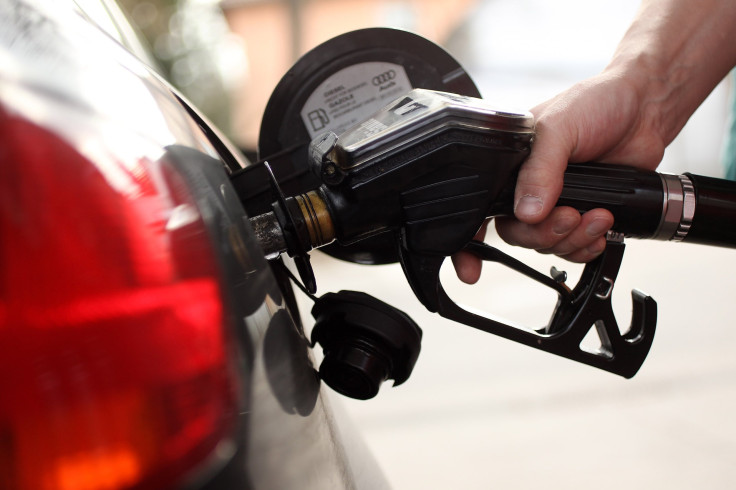How Will Hurricane Harvey Affect Gas Prices?

Historic rainfall and flooding in southeast Texas will cause gas prices to go up. Hurricane Harvey has shut down completely or partially at least 14 oil refineries and gas prices could rise as much as 20 cents nationally and as much as 35 cents in parts of Texas and Louisiana, according to the Washington Post Wednesday.
Patrick DeHaan, is a senior petroleum analyst with GasBuddy, a website that monitors retail gas price. He predicts a rise over the next few weeks even as Labor Day Weekend approaches and peak summer driving will taper off.
“Gas prices will go up. The national average will rise 5 to 15 cents a gallon over the next two weeks. It’s up a penny already since yesterday. Areas of the Gulf of Mexico will see prices go up between 20 and 35 cents,” DeHaan told the Washington Post Tuesday.
The average price for a gallon of gas Wednesday was $2.404, up from $2.378 Tuesday, according to the American Automobile Association (AAA). In Texas the average price of a gallon of gas was lower than the national average, $2.219 on Wednesday and $2.161 in Louisiana.
The refineries affected represent over 17 percent of the U.S. gas production, around 3 million barrels a day, according to Tribune. Around one-third of U.S. refineries dot the coast between Corpus Christi, Texas, and New Orleans, the area most affected by the storm.
In the wake of Hurricane Katrina, which hit New Orleans at the end of August in 2005, gas prices jumped up 40 cents.
Despite crude oil prices being low, around $46 per barrel, if refining capacity is limited, gasoline prices go up. Refineries not affected by the storm will work over time and benefit from “crack spread.” The term refers to the differential in crude oil prices and the price of gas products that refineries are able to churn out. With a bottleneck created by shut down refineries in Texas and Louisiana, other refineries are able to increase their profit.
Gas prices typically begin to fall at the end of summer as people begin driving less, using less gas, and gasoline stockpile reserved for summer drivers hit the market.
U.S. oil production has hit record highs recently, able to process over 9 million barrels a day, according to the Post. High production combined with historically low crude oil prices have meant lower stocks for companies like Chevron and Exxon. Just three years ago, the per barrel price of oil was in excess of $100.
© Copyright IBTimes 2025. All rights reserved.





















